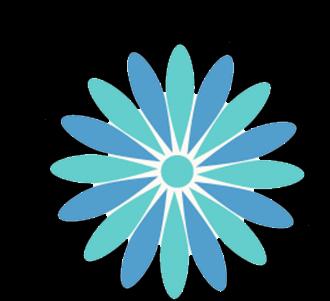
People often say "you have worked hard" in colloquialism, which is a very enthusiastic word that shows concern for others. Sometimes "hard work" is used to affirm the hard work and achievements of others, and to express condolences. How should the French translation of this sentence be said to conform to the customary expression of the French?
"You've worked hard" is a polite phrase Chinese, sometimes meaning "merci" in thanks.
Generally speaking, the Chinese polite phrase "You have worked hard!" The French expression of "should take into account the differences between the interpersonal culture and customs of the East and the West, and should be flexibly handled according to different objects and different backgrounds, and should not be translated mechanically. Here are some examples:
◇Universally applicable pure polite words:
Thank you.
◇More enthusiastic expressions:
Thank you very much.
◇When arriving at the station by foreign civil aviation aircraft, the flight attendants and crew can say:
Thank you for a very pleasant flight.
◇When staying in a hotel abroad or going out to be a guest and receiving a better reception, you can say to the waiter or host:
Thank you for your hospitality.
◇ When saying goodbye to the guest, say to the attentive host:
I had a very pleasant time.
We had a very pleasant evening at your house.
◇ When complimenting each other, you can say:
My compliments.
My feliciations!
It was great!
Remarkable! Magnificent!
◇ For those who are serious about their work, they can say:
You have done a good job.
◇ Praise the work of the other party, can say:
I very much appreciate your work.
You have done an excellent job there.
◇ Praise the service provided by the other party, can say:
I very much appreciate your service.
◇ Thanks to the enthusiastic help of others, can say:
I very much appreciate your help.
Thank you very much for your help.
◇ Thanks to others for their support, can say:
Thank you for your support.
Very kind to you.
◇General airport greeting, can say:
Did you have a good trip?
◇ After disturbing others, you can say:
Excuse me for bothering you.
Thank you for the inconvenience.
◇ For a French teacher who gives a wonderful lecture, you can say at the end of the class:
We really appreciate your French course.
Your course fascinated us.
◇For guests who come here on a special trip, they can say:
Thank you for the trip.
◇To welcome guests who have a bad trip, you can say:
Tired of travel?
I hope it wasn't too tiring.
◇When greeting guests from afar and saying goodbye, you can say:
You must be tired after this long journey. I'll leave it to you. Rest well!
◇ Sweating profusely for you or for you... of colleagues can say:
You have worked a lot for me. Thank you so much.
You have struggled a lot for me. I can't find the words to thank you.
You have suffered a lot because of me. I am confused.
I made you work a lot. Thank you very much.
◇ During the military parade, the chief may say to the soldiers with high morale and good pace:
Brave!
The above are only some reference cases and cannot be absolutely. All in all, the Chinese "you are lucky to be miserable" should be translated according to people, vision, and situation.
Source of this article: Friends of the French Translator
From: French World